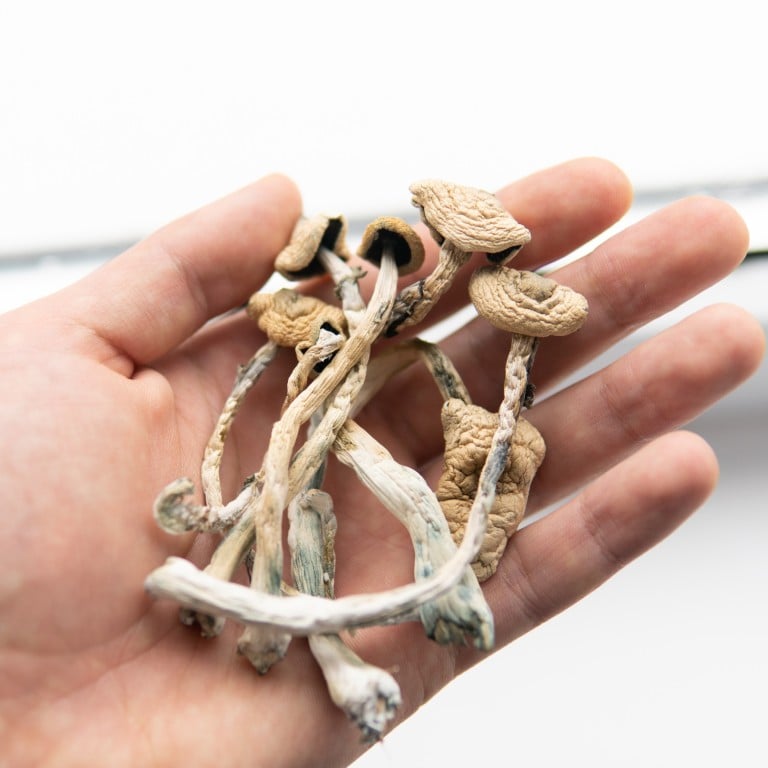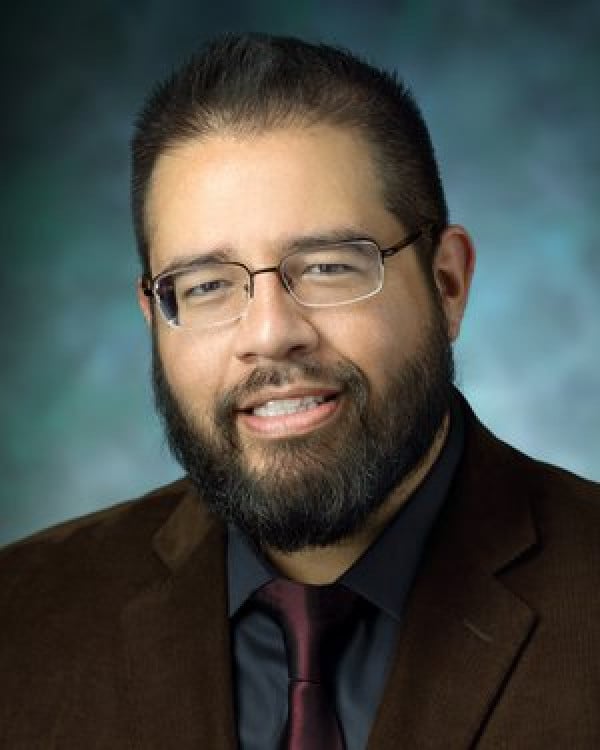
Opioid addiction could be helped by taking ‘magic mushrooms’, study finds
- Harvard University researchers found opioid-use disorders were 30 per cent less likely among people who used psilocybin compared with those who never had it
- More people are looking into using psilocybin, the compound in certain types of mushrooms that causes hallucinogenic effects, for medical and health reasons
A “shroom craze” may get even wilder with a new study that suggests a psychedelic drug found in some mushrooms may have protective benefits against addiction.
Harvard University researchers found opioid-use disorders were 30 per cent less likely among people who used psilocybin compared with those who never had it, according to the study published in Scientific Reports.
Psilocybin is a naturally occurring compound in certain types of mushrooms that are consumed for their hallucinogenic effects, according to the US Drug Enforcement Administration.
The researchers analysed data from the US National Survey on Drug Use and Health from 2015 to 2019 to assess the association between psychedelics and opioid-use disorders.
How magic mushrooms rewire brains, easing depression and PTSD
More than 200,000 participants reported whether they had abused opioids or experienced dependence on them in the past year and whether they had ever taken the psychedelic drugs psilocybin, peyote, mescaline or LSD in their lifetime. Researchers found potentially protective benefits only with psilocybin.
“The big takeaway is that this is such a fertile area for further research,” said Dr Evan Wood, chief medical officer at Numinus Wellness, a Canada-based company advancing psychedelic-assisted therapies. “There’s an underlying biological mechanism from which psilocybin may lead to … resiliency against some of the underlying risk factors of opioid-use disorders.”

Study authors found those who used psilocybin were also up to 34 per cent less likely to have experienced seven of the 11 symptoms of opioid dependence and abuse in the past year.
The new study supports findings from a 2017 report, using responses from the same database from 2008 to 2013, that found psychedelics were associated with a 27 per cent reduced risk of opioid dependence and 40 per cent reduced risk of opioid abuse in the past year.
While the new study turned up protective benefits only with psilocybin, that might be because it’s experiencing a cultural moment, health experts say, not because other psychedelics don’t have potentially protective benefits.
Therapy and pills failed you? Try psychedelic plant medicine
“There’s no real good reason to think that one [psychedelic] would work better than the other,” said Albert Garcia-Romeu, assistant professor of psychiatry and behavioural sciences at The Johns Hopkins University School of Medicine.
“There’s been a sort of shroom craze and, as a result, there’s been a lot more people looking into using psilocybin for medical and health reasons that you don’t see with some of the other more obscure psychedelics.”

Study authors speculate psilocybin may protect against opioid-use disorder by affecting the transmission of serotonin and dopamine, neurotransmitters that research has shown are correlated with addiction.
“These mystical type of experiences could potentially give individuals a chance for healing around some of their various types of addiction,” said lead author Grant Jones, a graduate student at Harvard University. “They feel a profound feeling of oneness with the universe that, for individuals who are navigating or experiencing addiction, can be a powerful reset.”
Ayahuasca: the psychedelic brew that could treat mental trauma
While psychedelics may have the potential to play an important role in addiction therapy, experts warn against using them outside clinical settings. As with any street drug, patients risk taking a tampered dose or using too much.
Health experts also warn patients could have a bad reaction to psychedelics if they’re not prepared or have certain mental health disorders outside addiction.
“The benefits are likely to be seen if people are appropriately prepared for that experience and provided support to pursue intention around healing and work with a therapist to integrate that experience,” Wood said.
Health experts urge anyone who is curious about incorporating psilocybin or other psychedelics into their recovery to visit the ClinicalTrials.gov page and find a research centre near them. (It includes trials in countries around the world.)
“Right now, [psychedelics] are purely research-experimental and not available by your doctor,” Garcia-Romeu said. “But as the work continues moving in the direction that it’s going, then probably in about four or five years there will be clinics where people can get that as a treatment.”
